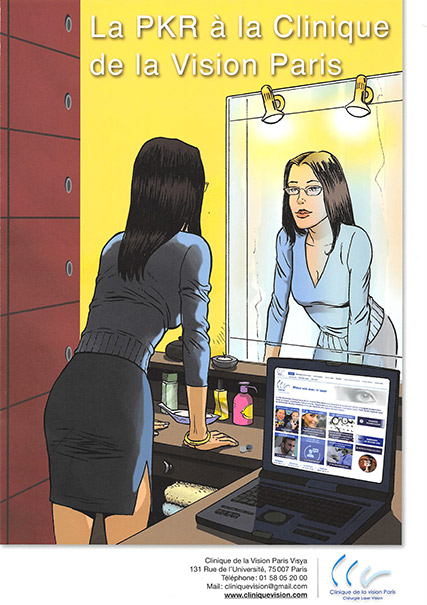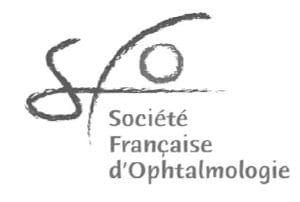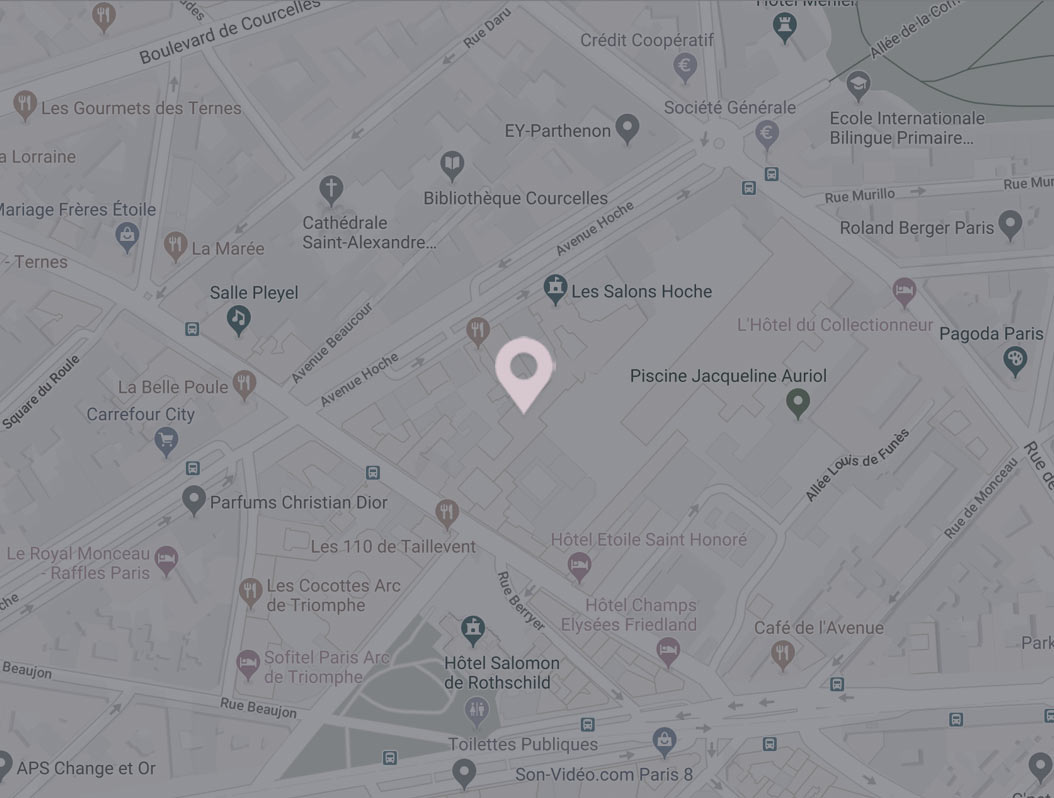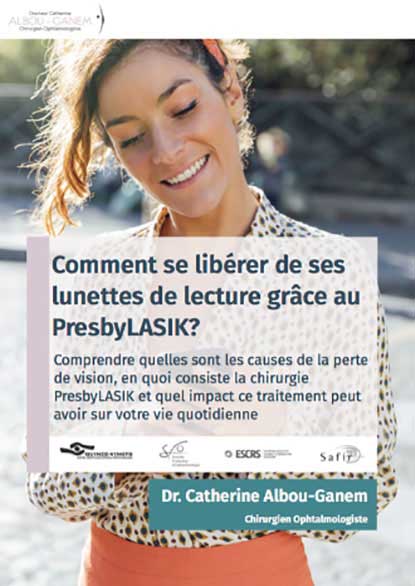Questions and answers
This list will get you started, but the most personalised information is available at a consultation
17 questions about eye surgery and our answers
TÉMOIGNAGES

“Le jour de l’intervention, je n’ai ressenti aucune gêne et aucune douleur. Après 2 h de repos j’ai pu reprendre mes activités tout à fait normalement. Deux jour après l’intervention il ne subsiste aucune gêne. Je tenais également à insister sur le fait que, contrairement aux idées reçues, ce n’est pas une intervention réservée aux personnes jeunes. J’ai 59 ans et c’est une totale réussite.”

“Le Docteur Albou-Ganem m’a opérée de la presbytie il y a un an, et je suis très heureuse du résultat, plus besoin de lunettes pour lire, même ma vue de loin est bonne. C’est un vrai soulagement pour moi, car j’ai hésité pendant un moment avant de sauter le pas, difficile de prendre une telle décision.”

“Après une opération rapide et sans douleur j’ai quasiment immédiatement remarqué une nette amélioration de ma vue de près et de loin. Au fil des semaines cela n’a fait que se confirmer et je n’ai jamais reporté mes lunettes depuis! Je ressens une telle liberté dans ma vie de tous les jours ainsi qu’une impression d’avoir rajeuni que je recommande à toute personne de le faire sans hésitation si cela leur est possible!”

“Docteur Catherine Albou-Ganem l’a immédiatement dissipée. Contact et confiance se sont installés immédiatement. Ses explications ont été claires, précises et je peux dire que le Jour J de l’opération, j’y suis allé les yeux fermés! Pour les rouvrir quelques heures plus tard avec la vue parfaite d’un homme de 30 ans!”

“L’opération a été un franc succès. J’ai maintenant 10/10e, sachant qu’auparavant j’avais une assez forte myopie (-5 et et -4,5) et un léger astigmatisme.”

“Vous m’avez opérée il y a maintenant plus de deux ans. A part pour conduire et regarder la télévision, et encore… je n’ai plus besoin de lunettes, moi qui n’ai jamais rien vu… Il m’a fallu plusieurs mois pour que ma vue s’adapte. Je tenais donc à vous remercier de cette opération qui a changé ma vie! Plus d’ulcères douloureux dus aux lentilles et la possibilité d’ouvrir les yeux sous l’eau et d’admirer les jolis poissons!”
We have replaced the images of real patients who provided these testimonials to protect their privacy.
FEATURED VIDEO
What is presbyopic laser eye surgery – how does it work?
Corneal surgery corrects all vision defects, including presbyopia, by reshaping the cornea. This video explains how it works.
AFFILIATIONS & MEMBERSHIPS
We are pleased to be associated with the following organisations
About the author
Doctor Catherine Albou-Ganem
Consultant Ophthalmic Surgeon
I am Catherine Albou-Ganem and I am an ophthalmic surgeon brought up in a family of ophthalmologists. I had a passion for ‘the eye’ and ‘the vision’ from my childhood. This was the subject of my first presentation at school.
Today, I share my refractive surgery activity between the hospital and the private sector.
I am proud to have contributed to the development of new laser refractive surgery techniques that can correct vision defects with accurate, effective and safe results when respecting the indications.
 Skip to content
Skip to content








